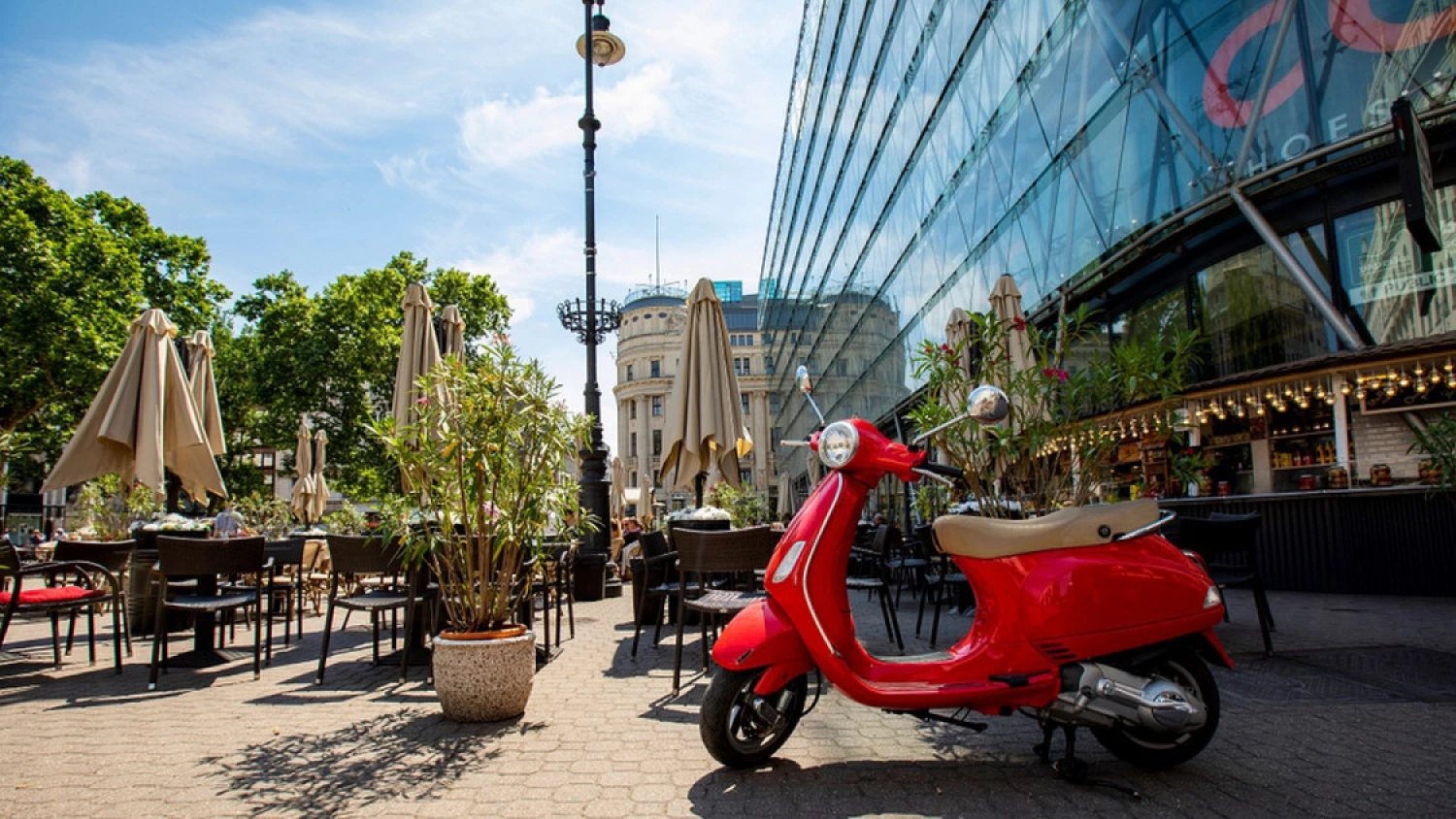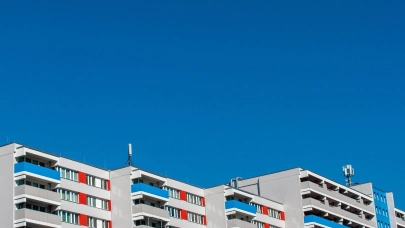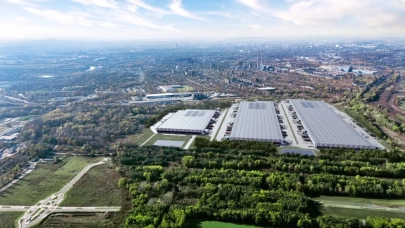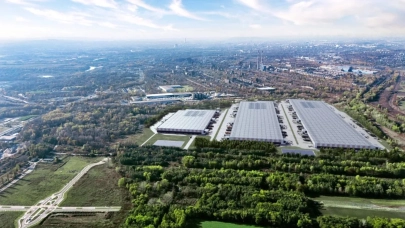
In the 11 shopping streets under the umbrella of the Shopping Street Management (BUM), some 90% of businesses survived the coronavirus pandemic, and the number of stores for sale or rent is decreasing in more and more places, BUM told Hungarian news wire MTI based on its survey carried out at the beginning of May.
BUM comprises 11 streets or other parts of the city, including the Art&Antique Street (Falk Miksa street), Bartók Béla Boulevard, Fashion Street (Deák Ferenc street), the Haris Bazaar, Király street, KultUnio (a multicultural quarter in districts 6 and 7), Liszt Ferenc square, Mikszáth square and its surrounding area, the Pozsonyi Picnic (Pozsonyi street), Ráday Soho (Ráday street), as well as a number of markets and market halls.
According to the survey, only 29 of the 182 stores in streets belonging to BUM are still closed, waiting to reopen or renovating. Despite the re-opening, businesses said they still faced problems, with the lack of customers the most prominent of these, followed by labour shortage and accrued rental fees.
According to respondents, the biggest help would be an extension to the discount rent scheme and moratorium expiring on 30 June, and wage subsidies should also be extended through this autumn as the low number of customers means businesses are unable to meet operating costs in the long term, the BUM said.
Businesses polled also said wider marketing opportunities, jointly organised street events and the return of foreign tourists would help. Hiring employees is made more difficult by the fact that the hospitality industry outside Budapest, especially at Lake Balaton, absorbs skilled labour with the promise of high wages, Gabriella Király, manager of BUM, which was founded by the Budapest Chamber of Commerce and Industry, said in the statement. Businesses have little experience with the immunity certificates required for accessing the indoor sections of restaurants and bars, and typically try to prevent conflicts by seating customers outdoors, she added.



